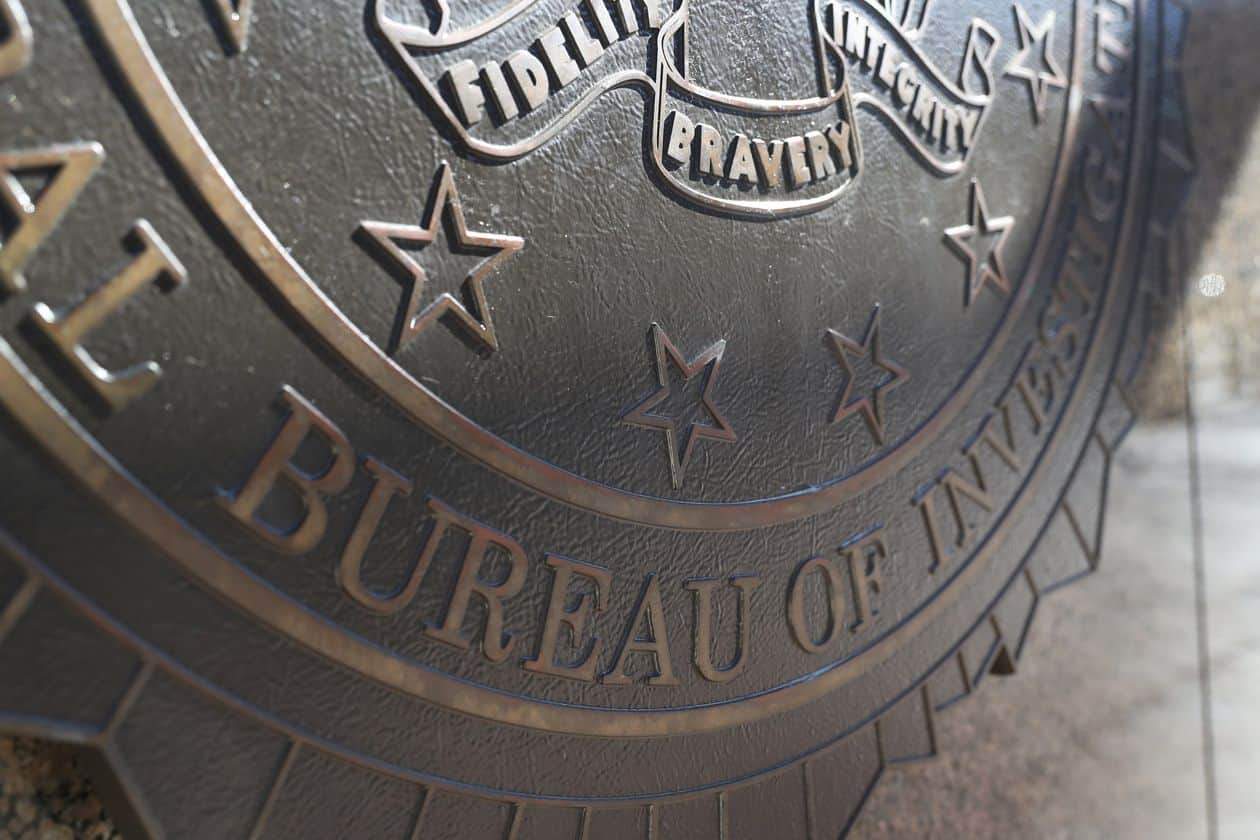Russian Disinformation Fed the FBI’s Trump Investigation

Declassified footnotes to a Justice Department inspector general report show that the Federal Bureau of Investigation team investigating members of the Trump campaign received classified reports in 2017 identifying key pieces of the Steele dossier as products of a Russian disinformation campaign. This might be only the tip of the iceberg because other recently declassified information demonstrates that even more disinformation may have been planted in Christopher Steele’s reporting.
Let that sink in. The FBI knew that at least some of its evidence against the Trump campaign, and maybe more, was likely part of a Russian disinformation campaign—evidence from a source that was “central and essential” for getting the first FISA warrant. It isn’t clear what if anything the FBI did to determine whether their investigation was based in substantial part on Russian disinformation.
Yet the FBI assistant director in charge of the investigation, Bill Priestap, told the inspector general that as of May 2017 (when Robert Mueller took over as special counsel), the FBI “didn’t have any indication whatsoever” that their evidence was part of a Russian disinformation campaign.
I first learned all this in late December 2019, when a member of my staff reviewed the classified version of the inspector general’s report and asked me to meet him in a secure room under the Capitol. As he walked me through the four footnotes, my immediate reaction was that the American people needed to know this information as soon as possible. My colleague Sen. Chuck Grassley and I began pressing Attorney General William Barr, and eventually acting Director of National Intelligence Richard Grenell, for full declassification of these footnotes. That’s why they’re now public.
The FBI team’s handling of these intelligence reports seems consistent with how it ran the entire investigation. From the opening of the investigation, the FBI team kept accumulating exculpatory information. Yet rather than wind the investigation down, they ramped it up. Minimally intrusive open-source searches became Foreign Intelligence Surveillance Act warrants and confidential human sources targeting campaign staffers.
Then it got worse. The FBI team excluded exculpatory information from its FISA application; it ignored exculpatory evidence provided by another U.S. government agency; and, when that later became an issue, an FBI attorney doctored an email to cover it up. Given all that, it’s not surprising that the FBI, on learning their evidence was the product of a Russian disinformation campaign, simply shrugged it off.
As Mr. Grassley and I wrote in our declassification request to Mr. Barr, these footnotes provide “insight essential for an accurate evaluation of the entire investigation.” Consider these questions:
• Why did former FBI Director James Comey and former FBI general counsel James Baker refuse to have their security clearances reinstated before they were interviewed by the inspector general? Was it so they wouldn’t have to explain this information?
• Which members of the FBI team reviewed these reports? Did Lisa Page and Peter Strzok, who referred to the opening of the investigation as an “insurance policy”? Did the FBI attorney who doctored the email? Did Mr. Mueller?
• What, if anything, did the FBI do to follow up on these reports?
• Did the FBI team have access to other reports like this?
• Is this another example of the FBI team’s sloppiness, or is it sufficient to show their ignorance was willful?
The Steele dossier already ranks as one of the dirtiest political tricks of all time. The Democratic National Committee and Hillary Clinton campaign paid for it, laundered it through friends and allies in the Justice and State departments, and spun it into a full-blown FBI investigation of her political rival. Then, after Donald Trump was elected, it was used as a political cudgel to bludgeon his administration and set up an 18-month special counsel investigation. Now it’s been revealed the FBI had evidence that it was based in substantial part on a Russian disinformation campaign.
Last month, my committee’s vote to obtain a subpoena for Andrii Telizhenko—a former Ukrainian diplomat who later worked for a U.S. Democratic political consulting firm—was delayed because of last-minute concern that information he might provide could be part of Russian disinformation (a cloak-and-dagger operation to derail that subpoena also needs to be revealed). So I’ve heard a lot of concern and outrage from my colleagues across the aisle about the perils of “foreign interference” and the need to steer well clear of anything remotely suggestive of Russian disinformation.
Clearly, the FBI did not exhibit similar concern and act accordingly. It also will be interesting to see how many of my Democratic colleagues will join tenacious oversight efforts to determine how the FBI misused actual Russian disinformation.
Photo: The FBI crest outside the J. Edgar Hoover Building in Washington, March 12, 2019. --- LEAH MILLIS/REUTERS











